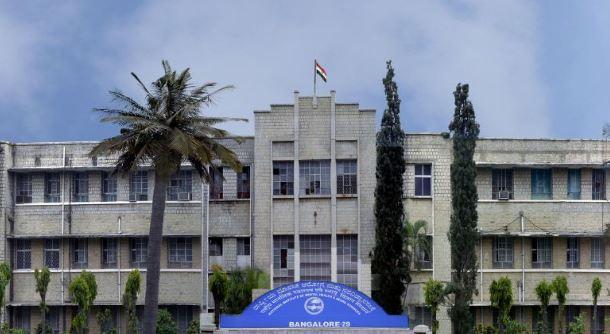Suspension of MPs from Parliament

Background:
- The general principle is that it is the role and duty of the Presiding Officer — Speaker of Lok Sabha and Chairman of Rajya Sabha — to maintain order so that the House can function smoothly.
- To ensure that proceedings are conducted in the proper manner, the Speaker/ Chairman is empowered to force a member to withdraw from the House.
- Like Speaker in Lok Sabha, the Chairman of Rajya Sabha is empowered under Rule Number 255 to “direct any Member whose conduct is in his opinion grossly disorderly to withdraw immediately” from the House.
- Unlike the Speaker of Lok Sabha, the Rajya Sabha Chairman cannot suspend a member. Therefore, the House may by another motion, terminate the suspension.
- The Chairman can suspend a member from the service of the Council for a period not exceeding the remainder of the Session.
Linkage:
- The maximum period of suspension is for the remainder of the session.
- Suspended members cannot enter the chamber or attend the meetings of the committees.
- He will not be eligible to give notice for discussion or submission.
- He loses the right to get a reply to his questions.
Current News:
- Recently, one of the MPs (Member of Parliament) of the Rajya Sabha has been suspended for “violating” the directives of the chair.
- The Rajya Sabha has been witnessing protests from the opposition over the Manipur Issue. They are demanding the Prime Minister’s response to the matter, and as a result, one of the involved MPs was suspended.
Impact:
- It is challenging to deal with planned parliamentary offences and deliberate disturbances for publicity or political reasons.
- So, opposition members should play a constructive role in Parliament and they should be allowed to put forward their views and express themselves in a dignified manner.
- There is a need to strike a balance between deliberate disruption and raising the critical issue.









